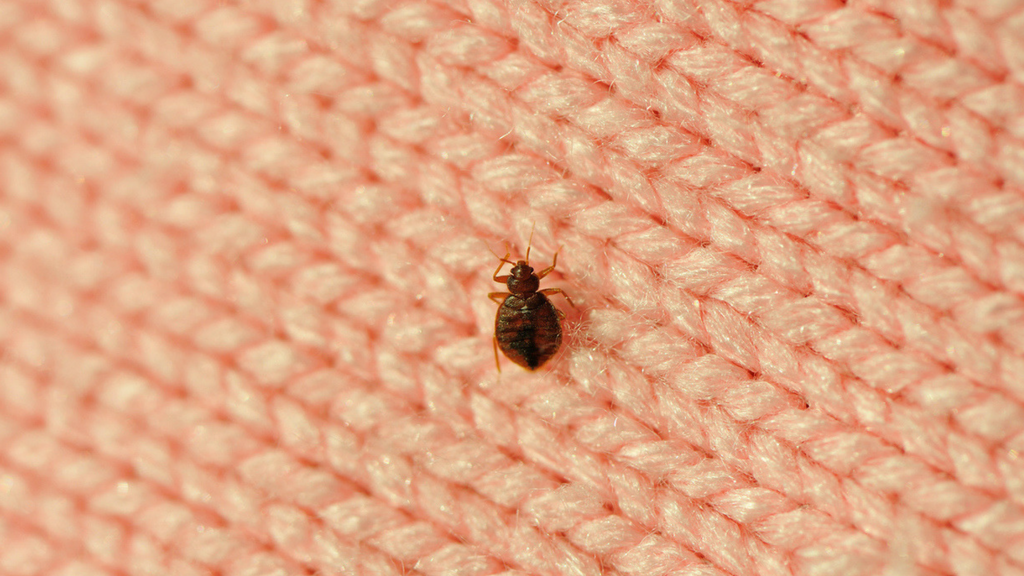Bed Bugs – Prevention, Discovery, and Eradication
Blog
May 4, 2018 |

There are a lot of myths about bed bugs, and understanding how to prevent them, find them and get rid of them can be critical in avoiding a comprehensive investigation with significant costs to resolve.
First to some of the myths courtesy of the U.S. Environmental Protection Agency.
Bed bug Myths:
- Bed bugs are only found in low-income areas and apartments
- You can’t see a bedbugs
- Beg bugs live only in dirty places
- Bed bugs transmit diseases
- Bed bugs are not a public health pest
- Bed bugs won’t come out if the room is brightly lit
- Pesticide alone will eliminate bed bug investigations
- Household homeopathic remedies will kill bed bug
How do we prevent bed bugs in the first place? First, thoroughly check any second hand or used furniture, bedding or clothing. When returning from a trip, be sure to check your luggage and clothes for any bed bugs. All mattresses and pillows should be encased in protective covers that eliminate places where the bed bugs can hide. Cluttered homes can give bed bugs more places to hide and vacuum frequently.
How do we detect bed bugs? The EPA has the following suggestions when cleaning or changing your bedding:
- Look for rusty or reddish stains on bed sheets or mattresses caused by bed bugs being crushed
- Scrutinize small, dark spots, which are bed bug excrement and may bleed on the fabric like a marker would
- Look for eggs and eggshells, which are tiny (about 1mm) and pale-yellow skins that nymphs shed as they grow larger
- Look for live bed bugs
Bed bugs typically hide in any fabric that has crevices. Examples include curtains, couch cushions, mattress corners and box springs.
Apartment managers take special note: You should make sure tenants are informed about preventing and detecting bed bugs! If one unit has them, chances are others do too. Bed Bugs move fast, and an investigation can become comprehensive very quickly. It is critical that once identified they are treated by an experienced professional. Quick treatment will minimize the investigation and cost of a more global eradication. Once treated, tenants should be provided with information on prevention.




